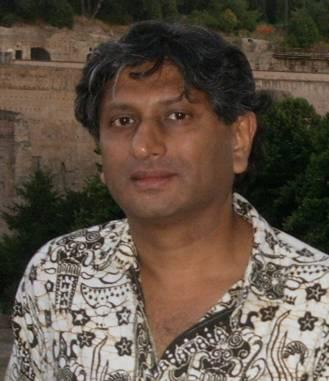Spatial Statistics
Course will cover risks and rates, types of spatial data, visualizing spatial data, analysis of spatial point patterns, spatial clustering of health events based on case control studies, and based on regional counts, linking spatial exposure data to health events through regression modeling, Bayesian spatial analysis.


 LEXINGTON, Ky. -- When Horace Bartilow was growing up in Jamaica in the 1970s, he’d watch helicopters carrying herbicide fly overhead. They were headed for the marijuana crops that farmers were growing in the center of the island --— one facet of the U.S. global war on drugs.
LEXINGTON, Ky. -- When Horace Bartilow was growing up in Jamaica in the 1970s, he’d watch helicopters carrying herbicide fly overhead. They were headed for the marijuana crops that farmers were growing in the center of the island --— one facet of the U.S. global war on drugs.